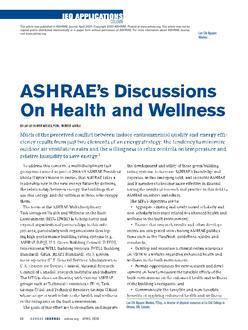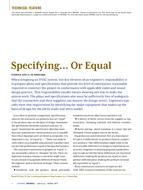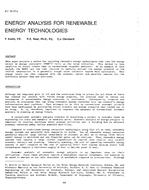Large industrial agricultural buildings are sometimes ventilated through slots along both sidewalls. In such situations, it is important to predict the internal climate in the occupied subzone of the building. Indoor air movements have been investigated on a reduced-scale model of a sheepfold. The study determined the parameters influencing jet pathways (Archimedes number and jet momentum), knowledge of which also yields the prediction of velocity distributions and temperature gradients in the occupied zone. If an average zone temperature is also known, comfort conditions can be determined. The model, however, was unable to predict vertical stratification in the whole internal space. Temperature and velocity measurements were also performed in the actual building, yielding a satisfactory validation of the model. The study can be considered as a first stage, demonstrating the possibility of developing such simple models. Results are only applicable to geometries similar to the one analysed.
KEYWORDS: calculating, speed, distribution, air movement, slot diffusers, industrial, agriculture, farm animal housing, buildings, ventilation, indoor, climate, microclimate, temperature difference, measuring
Citation: Symposium, ASHRAE Trans. 1991, vol.97, part 2
Product Details
- Published:
- 1991
- Number of Pages:
- 9
- File Size:
- 1 file , 1 MB
- Product Code(s):
- D-18378


